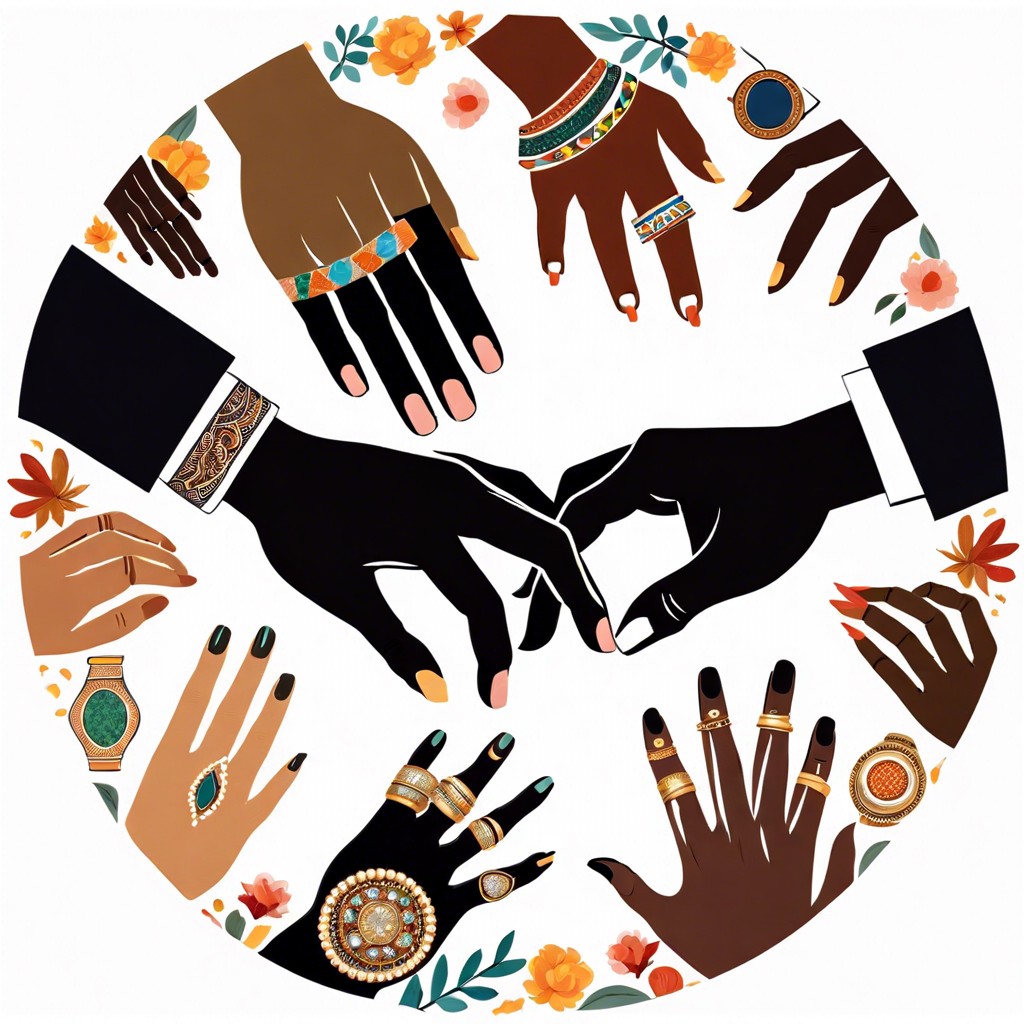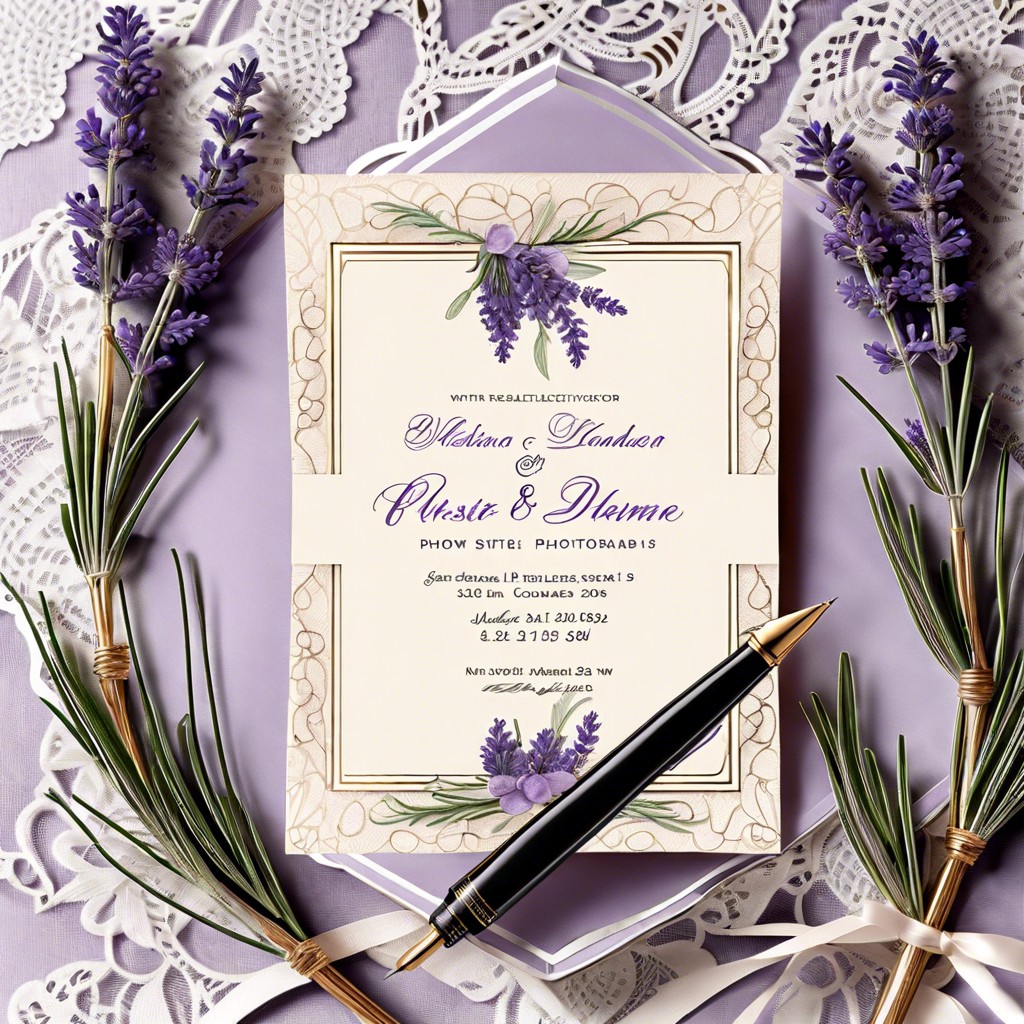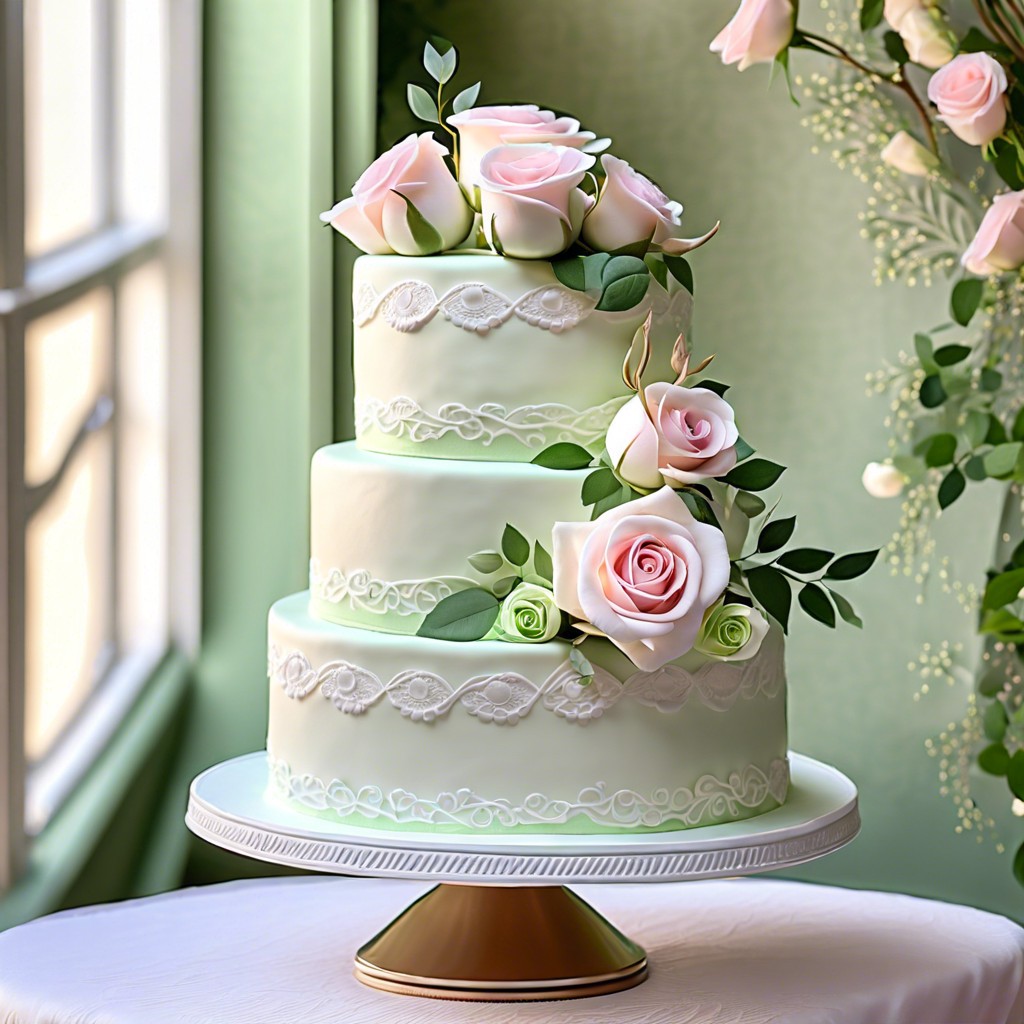Discover what typically unfolds during the rare instance when someone objects at a wedding ceremony.
Key takeaways:
- The officiant will address the objection and assess its validity.
- Objectors must present a valid legal reason, not personal grievances.
- The couple may be consulted privately to decide how to proceed.
- In most cases, the ceremony continues uninterrupted.
- There may be social consequences and fallout from the objection at the wedding.
The Moment of Objection: What Actually Happens

When the officiant utters the classic phrase, “Speak now or forever hold your peace,” it creates a moment where guests have the opportunity to voice any lawful reasons why the couple should not wed. It’s a tradition rooted in times when less public information was available about individuals, ensuring there were no legal impediments to the marriage like a prior, undisclosed marriage, or consanguinity.
In modern ceremonies, such objections are exceedingly rare. If someone does choose to speak up:
- The officiant will typically pause the ceremony to address the concern.
- The person objecting is expected to present a valid, legal reason for the objection, not a personal grievance or opinion.
- The couple or the officiant may ask the objector to speak privately to avoid disrupting the ceremony further.
- If the objection is not legally grounded, the officiant may dismiss it and proceed with the ceremony.
It’s important to remember that this moment is typically a formality and is often omitted altogether in contemporary wedding ceremonies to prevent any awkward situations from arising. The emphasis is on celebrating love and commitment, not dwelling on potential negative scenarios.
The Legal Perspective: Can a Wedding Be Stopped Due to an Objection?
Understandably, the concern over legal objections is high, but it’s relatively rare for such interruptions to halt proceedings. Traditionally, objections would need to be grounded in lawful impediments, such as one party being already married or the couple sharing close blood relations.
Contemporary ceremonies often omit the “speak now or forever hold your peace” line, minimizing the potential for dramatic interludes.
In jurisdictions where the phrase is retained, it’s more a formality than a legal invitation for guests to intervene. If an objection is raised, the officiant may pause the ceremony to ascertain its validity but typically, objections of a personal nature, like disapproval of the union, hold no legal standing. It’s the officiant’s discretion to discuss the objection privately with the couple or ignore it and proceed.
For an objection to have legal bearings, evidence must be presented, and the officiant must consider if it warrants stopping the ceremony. Most often, the celebration continues uninterrupted, with personal grievances being left to be resolved outside of the wedding festivities.
The Role of the Officiant When Someone Objects
Upon facing an objection, the officiant takes a pivotal role in determining the next steps. Traditionally empowered to oversee the legality and sincerity of the vows, the officiant must quickly assess the situation.
Here are key actions usually undertaken by the officiant:
- Pause the Ceremony: The officiant will likely halt the proceedings to address the objection, maintaining a calm demeanor to keep the situation controlled.
- Clarify the Objection: It’s essential to understand the nature of the objection. Is it a legal concern, such as one party already being married, or a personal sentiment? Legal issues must be taken seriously, while personal grievances may not hold the same weight.
- Consult the Couple: In private, the couple’s wishes are sought. The officiant acts as a mediator, helping them decide whether to proceed or pause the ceremony for further discussion.
- Manage the Guests: Should the ceremony continue, the officiant redirects focus to the event at hand, oftentimes reminding the attendees of the couple’s intentions and love for each other to reestablish a joyous atmosphere.
- Legal Considerations: If the objection has legal merit, the officiant is obliged to postpone the ceremony until the concern is legally resolved.
The officiant’s role is integral to navigating the rare occurrence of a wedding objection, ensuring that respect for the couple’s wishes and the integrity of the ceremony remain top priority.
The Social Consequences: The Impact On the Wedding Ceremony and Reception
An objection during the ceremony is typically a rare and unexpected event, which can lead to a sudden shift in atmosphere amongst the guests. The initial reaction is often shock, followed by a whisper of murmurs as attendees try to understand the situation. Depending on the nature and seriousness of the objection, the mood can become tense, potentially impacting the overall celebratory spirit of the occasion.
Couples and wedding planners alike may need to prepare for the potential fallout:
- Immediate Response: It’s essential to swiftly address the objector to maintain decorum and ensure the ceremony proceeds with minimal disruption.
- Guest Dynamics: Relationships among guests could be strained, especially if the objector is a family member or close friend, leading to divided groups and uncomfortable interactions.
- Reception Atmosphere: The reception might carry the after-effects of the objection, with the focus shifting from celebration to the day’s earlier drama.
- Photography and Videography: The visual and audio record of the event will include the objection, which may color memories of the wedding day.
- Staff and Vendor Management: Wedding professionals present (coordinators, catering staff, DJ) will need to navigate the changed emotional landscape to keep the event on track.
Addressing these consequences efficiently can help in salvaging the remainder of the wedding day and keeping the focus on the celebration of the couple’s union.
Dealing With the Emotional Fallout of a Wedding Objection
Navigating the emotional aftermath of an objection requires sensitivity and resilience. Here are a few points to guide you through this process:
- Remain Calm: Take a deep breath and try not to react immediately. Keeping a level head will help in assessing the situation effectively.
- Assess the Nature of the Objection: Determine if the objection is of a serious legal or ethical nature, or if it’s coming from an emotional outburst.
- Communicate: Have an open and private discussion with the objector to understand their concerns. This can sometimes resolve the issue quickly and discreetly.
- Focus on Support: Lean on your partner, family, and close friends for emotional support. Sharing your feelings with those you trust can be incredibly comforting.
- Continue with Dignity: If the objection is not substantial, continue the ceremony with grace. Your guests will follow your lead in moving past the interruption.
- Professional Help: Consider seeking counseling post-wedding to deal with any lingering feelings. A professional can offer strategies to manage stress and emotional strain effectively.
Remember, your wedding day is about your commitment to each other and while objections can be distressing, they don’t define your relationship or your marriage.



